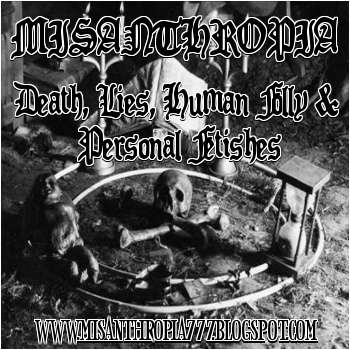 By Jeanna Bryner, Senior Writer
By Jeanna Bryner, Senior Writerposted: 23 September 2009 12:04 am ET
While a full moon can tug on ocean tides and make for a romantic setting, scientists have found no reliable evidence that it triggers suicides or hospital admissions, or facilitates conception, the transformation of werewolves or any of a host of other phenomena often blamed on it.
Evidence is mounting, however, for things on which the moon has no impact.
A new study, which will be published in the October issue of the journal Anesthesiology, shows the moon's phase has no effect on the outcome of a heart-related surgery. The statistical sigh of relief is the result of an investigation into surgical outcomes of more than 18,000 patients who underwent so-called elective coronary artery bypass graft surgery, in which blood flow is rerouted through a new artery or vein. The operations were performed at the Cleveland Clinic between 1993 and 2006.
Allen Bashour and Daniel Sessler, of the Cleveland Clinic, and their colleagues specifically looked at risk of death, heart attacks immediately following surgery, and infections, among other factors.
"The moon phase has been somewhat of an urban legend," Bashour told LiveScience. "There's no science that I know of to justify it. So really we didn't expect that would be an influence." But in science, one has to look, not assume, and so they did.
Timing of surgery
The researchers also found that the time of day, day of the week and month of the year had no bearing on whether patients would have a positive result.
Essentially, Bashour and his colleagues wanted to find out if a patient who came in for surgery on a Friday afternoon in July would be at a disadvantage compared with someone going under the knife on a Tuesday morning, say, in early March.
Unlike the lunar link, timing could be a legitimate factor in surgical outcomes, Bashour said. For instance, doctors and other hospital personnel may be more tired at the end of a work week or later in the day. And in early July and August, new residents enter teaching hospitals, so it might not be a good time to schedule a surgery, as the doctors-in-training (who provide care after surgeries) are just that, he said.
"Our study found that the surgeries can be scheduled throughout the workday, any day of the work week or in any month of the year without compromising outcomes," Bashour said.
Moon myths
The study adds another scientific strike against the idea that the moon has mystical powers of sorts. There is some truth to the suspicions, it turns out, but not likely for the reasons many people believe.
For instance, doctors, nurses and others in emergency services have claimed full-moon nights are busier than other nights. And a study of nearly 12,000 emergency room visits for pets revealed the risk of such emergencies, ranging from cardiac arrest to trauma, was more than 20 percent greater for cats and dogs on days surrounding full moons compared with other days.
One idea is that flooded emergency rooms could be the result of more people and pets out and about during the full moon since the night is bright.
Scientists have also found beach pollution is worse during the full moon, a phenomenon linked to real variations in tides related to the lunar cycle.
As for why many scientifically-unproven myths still draw a crowd, perhaps people just want to believe. Meanwhile, you can believe this: Feel free to schedule your next surgery for Sunday, Oct. 4, the next full moon.











 "He who can, does. He who cannot, teaches."
"He who can, does. He who cannot, teaches."



 "Being is substance and life; life manifests by movement; movement is perpetuated by equilibrium; equilibrium is therefore the law of immortality.
"Being is substance and life; life manifests by movement; movement is perpetuated by equilibrium; equilibrium is therefore the law of immortality.


 "The doctrine of equality!... But there exists no more poisonous poison: for it seems to be preached by justice itself, while it is the end of justice.... "Equality for equals, inequality for unequals" that would be the true voice of justice: and, what follows from it, "Never make equal what is unequal."
"The doctrine of equality!... But there exists no more poisonous poison: for it seems to be preached by justice itself, while it is the end of justice.... "Equality for equals, inequality for unequals" that would be the true voice of justice: and, what follows from it, "Never make equal what is unequal."



No comments:
Post a Comment
Note: Only a member of this blog may post a comment.